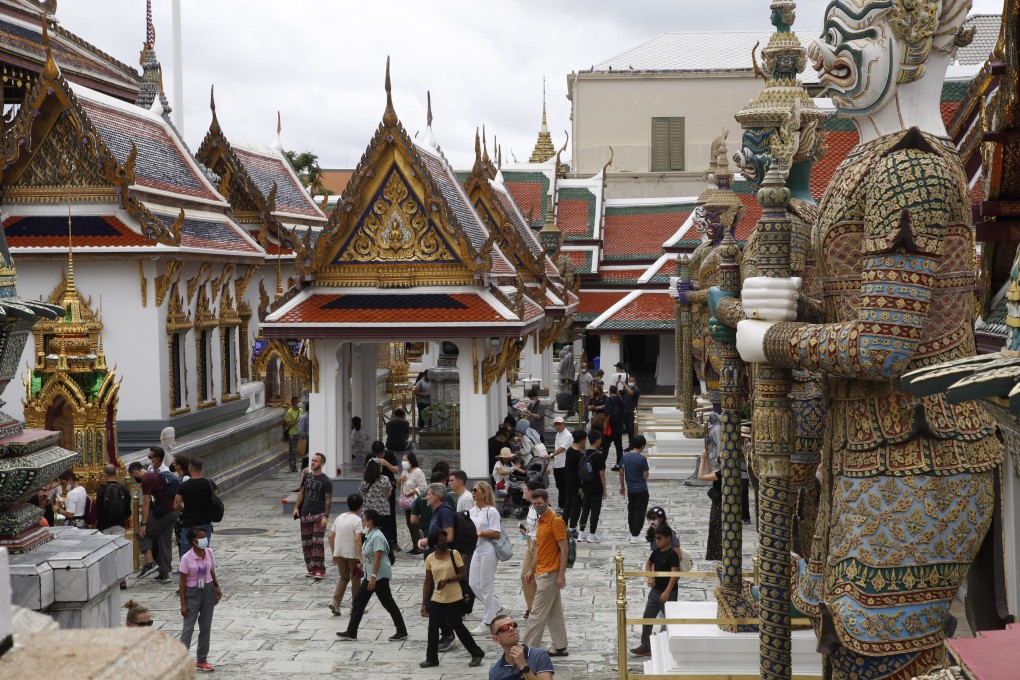Will Thailand’s new 10-year visa scheme for wealthy foreigners be ‘a big win’ for its economy?
- Scheme aims to attract 1 million wealthy or talented foreigners to Thailand over the next five years to contribute 1 trillion baht to the economy
- While launch of scheme is timely with low economic growth predicted for this year, analysts say more work is needed to appeal to a wider pool of applicants

The Long-term Resident (LTR) visa scheme aims to attract 1 million wealthy or talented foreign nationals to Thailand over the next five years to contribute 1 trillion baht (US$27 billion) to the economy.
“This visa will be a big win for Thailand,” said Kashif Ansari, co-founder and CEO of real estate technology firm Juwai IQI Group. “No one will apply for a residence visa anywhere in Asia without first looking at Thailand’s options … We have no doubt Thailand is right for enough applicants to achieve its investment and economic goals.”
The scheme, part of a longer-term plan to expand gross domestic product and foreign investment through the flagship policy Better and Green Thailand 2030, allows four categories of applicants to apply for a 10-year renewable multiple entry visa that offers a 17 per cent personal tax rate for highly skilled professionals and other perks.
Eligible applicants for the wealthy global citizens group need to hold US$1 million in assets, an annual income of at least US$80,000 per year and a minimum US$500,000 investment in Thailand.
A wealthy pensioner needs to be at least 50 years old with an income of US$80,000 annually or US$40,000 a year coupled with a minimum investment of US$250,000 in the country.
Remote workers have to be employees of qualified overseas companies with an income of US$80,000 per year or an annual income of US$40,000 and a master’s degree or hold intellectual property assets or receive Series A funding.